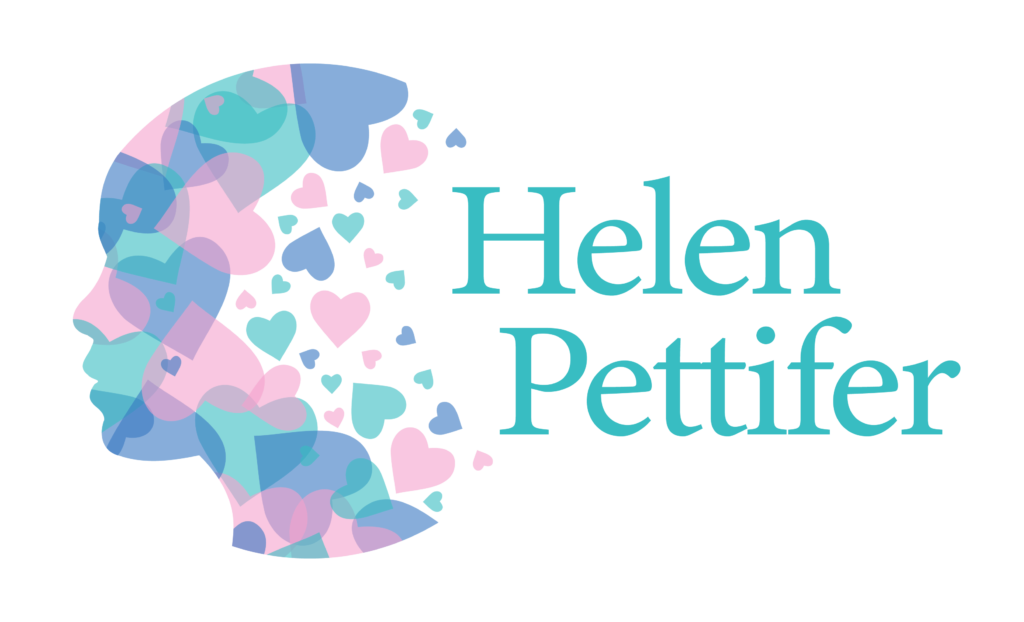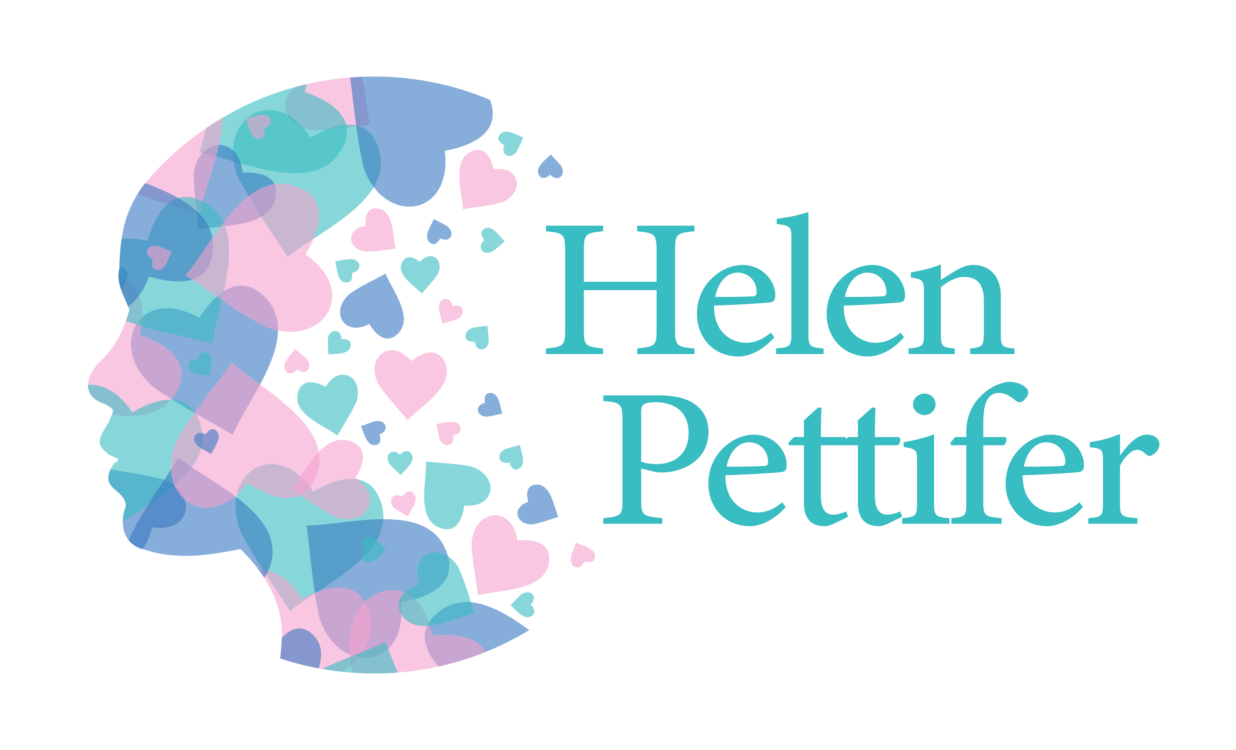Improved Services for Vulnerable Customers
In this article, I want to champion some of the fantastic solutions that organisations have developed to improve services for Vulnerable Customers.
Benefits Calculator
Changing circumstances and cost of living increases are two factors pushing people towards debt. For those with low financial resilience and credit scores, the borrowing options are limited. As a result, they may use high interest options, which only escalate their financial difficulties.
However, many individuals qualify for benefits that they are unaware of and are, therefore, not claiming. These include Council Tax reductions, Child Benefit and Help to Save.
To help reduce the number of people experiencing financial hardship, InBest has developed an automated benefits checker. This financial management application can be used by debt advisers and other organisations to help people understand and apply for benefits that they are entitled to receive.
In 2022, the InBest automated benefits checker helped 80,000 people to access a total of £404 million in unclaimed benefits. In one year alone, that has made a big difference to a lot of people.
Genuine Debt Advice
Another update relating to debt management is news that Google has updated its debt advertising regulation. This follows years of campaigning by StepChange and an investigation by Google into misleading ads. From December, all debt companies promoting their services on Google Ads have to be FCA authorised.
StepChange recognises that this is a positive step, but advises people to still check if the organisation is on the Financial Services Register before discussing financial matters. Any debt advisor should provide solutions that are appropriate to the individual’s needs.
Customer Vulnerability & Inclusive Design as Standard
British Standard ISO 22458 Customer Vulnerability & Inclusive Design offers a framework for organisations how to provide an inclusive service at all stages of service delivery. It recognises the importance of identifying and supporting consumers in vulnerable situations to reduce the risk of consumer harm.
Building on this, the BSI introduced an Inclusive Service Kitemark® for companies in the energy, water and financial sectors in April 2022. The benefits of achieving this goal and adopting an inclusive service approach were outlined as:
- It increases your customer base
- It improves service provision and the quality of customer interactions for all
- It reduces the likelihood of problems, reducing the costs of complaints handling
- It increases customer satisfaction and trust, enhancing your reputation
- It gives you a tool with which to demonstrate ethical behaviour and social responsibility
- It can strengthen staff loyalty and engagement
In January, the first nine companies were awarded this Kitemark®. They include South East Water, Scottish Power and PayPlan. They will continue to be monitored to ensure continued compliance. Is this a goal for your organisation to aim for in 2023?
For information, BSI is offering a 50% discount to any third-sector organisation that wishes to apply for ISO 22458.
Relatable Content
If you regularly write and publish content on your organisation’s website, you may be familiar with Yoast SEO. This plugin checks content is optimised and readable. Any issues are highlighted with advice on how to make improvements.
Yoast SEO has now introduced the option of inclusivity analysis. If used, your content is checked for words and phrases which may be offensive to some people. As language is always evolving, we are not always clear on what is or isn’t appropriate. This checker helps us avoid exclusion and increase engagement.
Identifying Economic Abuse
The Fairness Group, in partnership with Surviving Economic Abuse and Money Advice Plus, have developed an Economic Abuse Toolkit. Designed for public sector bodies who are recovering debt, the guidance can help them identify and support vulnerable individuals who are experiencing economic abuse. In recognising the signs and acting on them, an individual’s personal safety and economic stability can be protected.
Economic abuse is where one individual takes control of their victim’s money and finances. It can involve forcing them to hand over earnings or deciding what they can buy or pay for.
Improving Outcomes for Vulnerable Customers
The tools, standards and regulations highlighted in this article show that the fair treatment of vulnerable customers is now being prioritised. As someone who supports organisations to plan and implement good practices, it is great for me to see an increasing number of resources that will improve outcomes for vulnerable customers.
I have also developed a selection of policies and resources which can aid consistency and competency when serving vulnerable customers.
About the author.

Helen Pettifer FRSA.
Helen Pettifer is Director of Helen Pettifer Training Ltd and a specialist in the fair treatment of vulnerable customers.
She has a background in call centre management and is committed to customer service excellence. Her training ensures front-line staff gain the awareness and resources to confidently identify and respond to signs of vulnerability.
Helen Pettifer is a British Standards Institution (BSI) associate consultant for BS 22458: 2022 Consumer Vulnerability, a Mental Health First Aider, a Suicide First Aider, a Dementia Friend, and a Friends Against Scams Champion. Recognised as a changemaker, she was invited to become a Fellow of the Royal Society of Arts in 2022.


